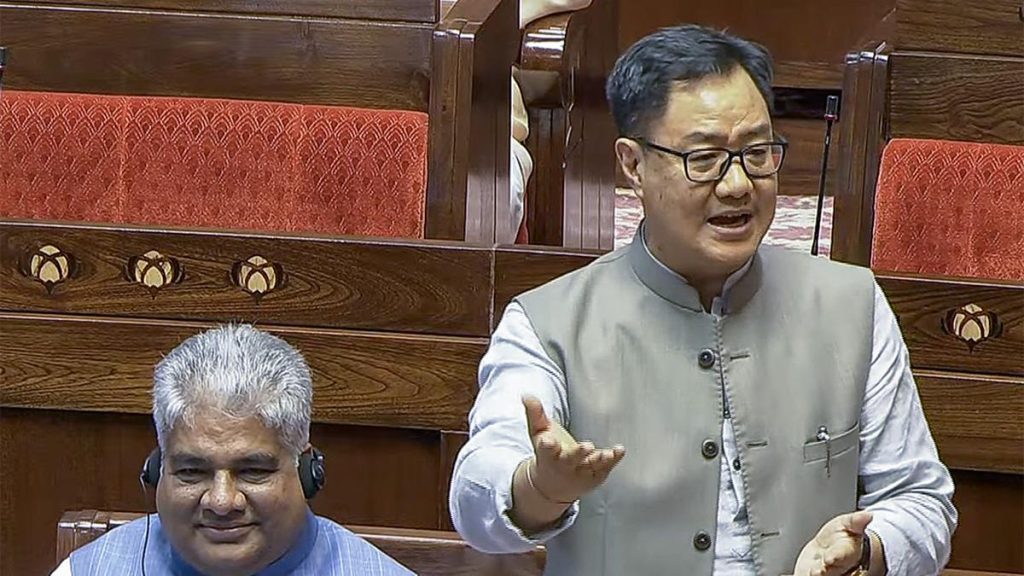Now Reading: Madras HC Fines ED for Delay in Responding to Akash Baskaran’s Petitions in TASMAC Case
-
01
Madras HC Fines ED for Delay in Responding to Akash Baskaran’s Petitions in TASMAC Case
Madras HC Fines ED for Delay in Responding to Akash Baskaran’s Petitions in TASMAC Case

Quick Summary
- Event: Madras High Court imposes ₹30,000 costs on Directorate of Enforcement (ED) for failing to file counter affidavits to three writ petitions.
- Petitioners: Film producer Akash Baskaran and businessman vikram Ravindran filed writ petitions in June 2025 challenging teh ED’s search and seizure operation, claiming they were unrelated to the TASMAC money laundering probe.
- Court Orders: A Division Bench of Justices M.S. Ramesh and V. Lakshminarayanan imposed ₹10,000 per petition as costs and granted two additional weeks for ED to submit counter affidavits.
- Background:
– On June 20, 2025, the Court’s division Bench granted an interim stay against all further proceedings by ED after finding that the Joint Director’s authorisation for searches was “wholly without authority or jurisdiction.”
– Case records presented by ED revealed no incriminating evidence linking the petitioners wiht alleged money laundering activities in TASMAC-related investigations.
Indian Opinion Analysis
This case underscores a critical aspect of rule-based governance-the need for investigative agencies like the Directorate of Enforcement (ED) to comply with procedural norms while exercising their powers. The Madras High Court’s observations highlight potential lapses in due process, reinforcing principles that unauthorized actions or lack of valid grounds can undermine institutional accountability.
The imposition of costs reflects judicial insistence on efficient legal procedures while also sending a message about timely response obligations from investigating agencies. Even though investigations into alleged corruption within state entities like TASMAC are undoubtedly significant, maintaining transparency and lawfulness must remain central to preserving public trust.
The judiciary’s stance here is likely indicative of a larger expectation that authorities adhere strictly to lawful mandates when executing their duties related to financial crimes-a key area considering India’s anti-money laundering measures continue evolving amidst international scrutiny.
Read More: Click Here
























